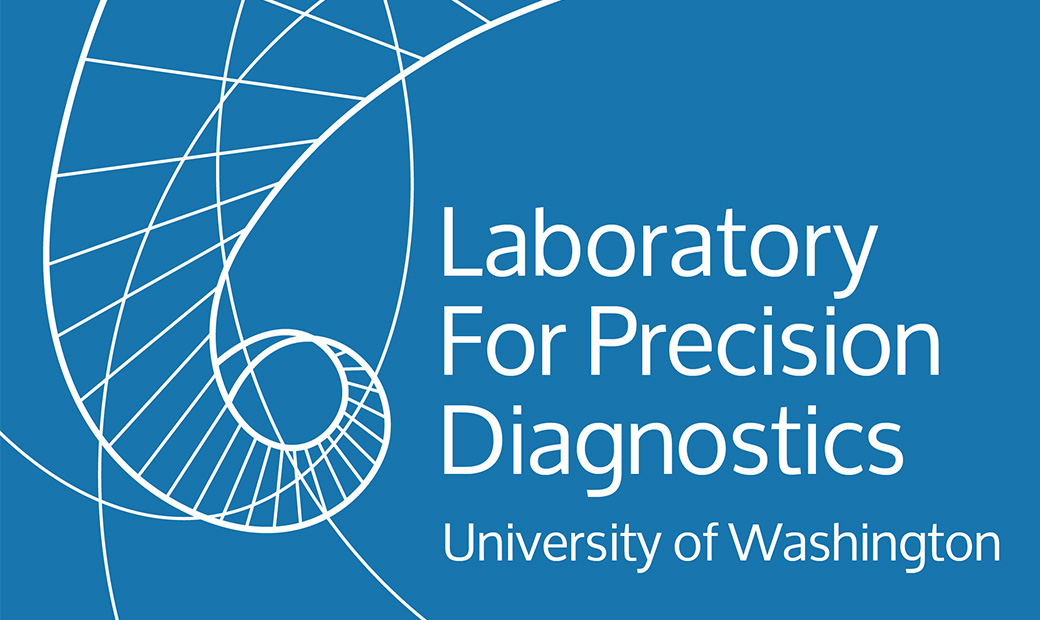Genes
COL1A1, COL1A2, IFITM5
Test Guide
Causative mutations have been identified in three genes associated with autosomal dominant forms of Osteogenesis Imperfecta (OI): COL1A1, COL1A2 and IFITM5.
Over 95% of OI phenotypes result from a single dominant mutation in either COL1A1 or COL1A2, the two genes that encode the chains of type I procollagen. The phenotype that results from the disease-causing variant is a consequence of the underlying mutation type and location in the a1 or a2 chain of type I procollagen. Null mutations of COL1A1 result in OI type I and missense mutations in either COL1A1 or COL1A2 result in variable phenotypes within a spectrum of age of onset, fracture frequency, stature and deformity.
OI type V is also a dominant form of OI resulting from a mutation in IFITM5, the gene that encodes interferon induced transmembrane protein 5. Type V has a wide range of presentation but with distinguishing clinical and radiological features that can include a propensity to hyperplastic callus formation, calcification of the forearm interosseous membrane, radiodense metaphyseal bands, and radial head dislocation.
For guidelines on the correct test to order and for pertinent references, consult the Osteogenesis Imperfecta Test Guide.
Methodology
Next Generation Sequencing: Next generation DNA sequencing is performed to identify nucleotide variants in the coding portion of the genome. All nucleotides in the coding exons and their flanking splice junctions are sequenced to a read coverage of greater than 20X. The sequence data are assembled and compared to the published genomic reference sequence. Sanger sequencing is performed if necessary to ensure complete nucleotide coverage of the target sequence and to confirm all reported variants. Human Genome Variation Society (HGVS) recommendations are followed for variant nomenclature and ACMGG/AMP variant interpretation guidelines are followed to assess variant pathogenicity, unless otherwise indicated. The following online databases and in silico analysis tools are routinely used for variant investigation: ClinVar, NHLBI Exome Sequencing Project, 1000 Genomes, dbSNP, Exome Aggregation Consortium (ExAC), available loci specific variant databases, PolyPhen-2, SIFT, Provean, Mutation Taster and Human Splicing Finder.
Specimen Requirements
BLOOD IS PREFERRED.
BLOOD: 2 EDTA (purple top) tubes
Adults: 5-10cc
Children: 3-5cc
Infants: 2-3cc
Whole blood may be stored up to 5-7 days in the refrigerator before shipping.
DNA:
5 µg DNA at a minimum concentration of ≥200 ng/µl
SALIVA:
Oragene Saliva samples are accepted
PRENATAL:
Amniocytes or Cultured CVS Cells: Two confluent T-25 flasks of cultured amniocytes or CVS cells, well-labeled as Prenatal Sample. Please call ahead to notify the CDL that a prenatal sample will be coming.
Special Instructions
Blood samples (or DNA) should be well labeled with patient’s full name and an identifying number.
Ship sample at room temperature with overnight delivery.
Clinical information outlining the indication for the requested tests and pertinent medical history and family history is a necessary component of testing. Please include a clinic note when available.
Related Tests
COL1A1 and COL1A2 gDNA Sequencing
Reflex to Deletion/Duplication Studies: The Collagen Diagnostic Laboratory offers testing for copy number changes using a custom high-density targeted oligonucleotide array for these genes for an additional charge. The targeted regions have probe coverage in both the coding sequences and 10 kb upstream of the gene(s) of interest.
CPT Code & Cost
81408 x 2, 81479 x 1$1,650.00
